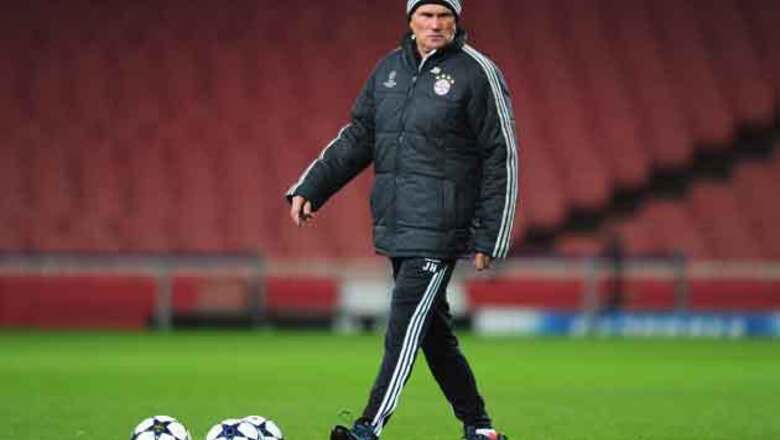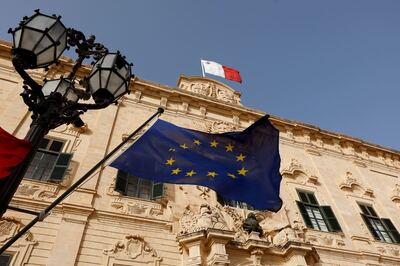
views
London: The Europa League, long regarded as the impoverished relation of the glitzy Champions League, was boosted on Friday by UEFA's announcement that the winners would qualify for the elite competition from 2015.
In an attempt to increase the prestige of its secondary competition, UEFA also said 16 teams rather than the current six would qualify directly for the group stages.
"I have thought about this for a long time, and I am delighted we are upgrading the Europa League," UEFA president Michel Platini told a news conference after the annual Congress of European soccer's governing body in London.
"It is an excellent competition in its own right but needed a boost and it now has one. This year's final between Chelsea and Benfica could easily have been the Champions League final itself and I hope it will now grow in appeal."
The Europa League winners will enter at the playoff stage but could even gain direct access to the group stage if the Champions League winners also qualify via their domestic league position, thus freeing up a place in the group stage.
UEFA has also ruled that a maximum of five teams from any one country would be able to compete in the Champions League from 2015-16.
This means in the unlikely event of the winners of the Champions League and the Europa League coming from the same country but finishing outside the top four, the team who finished fourth in their domestic league would not take part in the Champions League but go into the Europa League instead.
Also, if the Europa League winners had qualified for the following season's Champions League through their domestic league position, the Europa League runners-up would not get a Champions League berth.
The Europa League, which succeeded the UEFA Cup in 2009-10, is by definition UEFA's secondary competition and has lacked sparkle partly because of the relatively poor financial rewards for participants compared to the Champions League.
HUGE IMPACT
As a result, too many clubs treated it as more of an obligation than an honour to compete in it.
"This decision will have a huge impact on the Europa League and it will also have an impact on national league competitions," UEFA general secretary Gianni Infantino told a news conference.
"It is fair to say there has not been the same enthusiasm for the competition in the past but this will boost the whole of the European football movement."
The decision was taken after detailed discussions between the European Club Association comprising Europe's top clubs and UEFA and the change will come into effect after the current TV contract for the Champions League expires in 2015.
"It will also benefit clubs in some of the lower ranked leagues, as 16 teams from the top 12 nations will now go directly into the Europa league group stage," Infantino said.
"This means that, for example a team from the country ranked 25th say, would not have to play a team from one of the top nations to qualify, but has a better chance against say a team from a country ranked 20th, so it will have a big impact."
There has been a fluidity in existence between the Europa League and Champions League for some time with the eight teams finishing third in their Champions League groups dropping down into the Europa League at the knockout stage.
That system has long been criticised as diminishing the Europa League, although Chelsea gained more European success this season after winning the competition coming through that route a year after being crowned European champions.




















Comments
0 comment